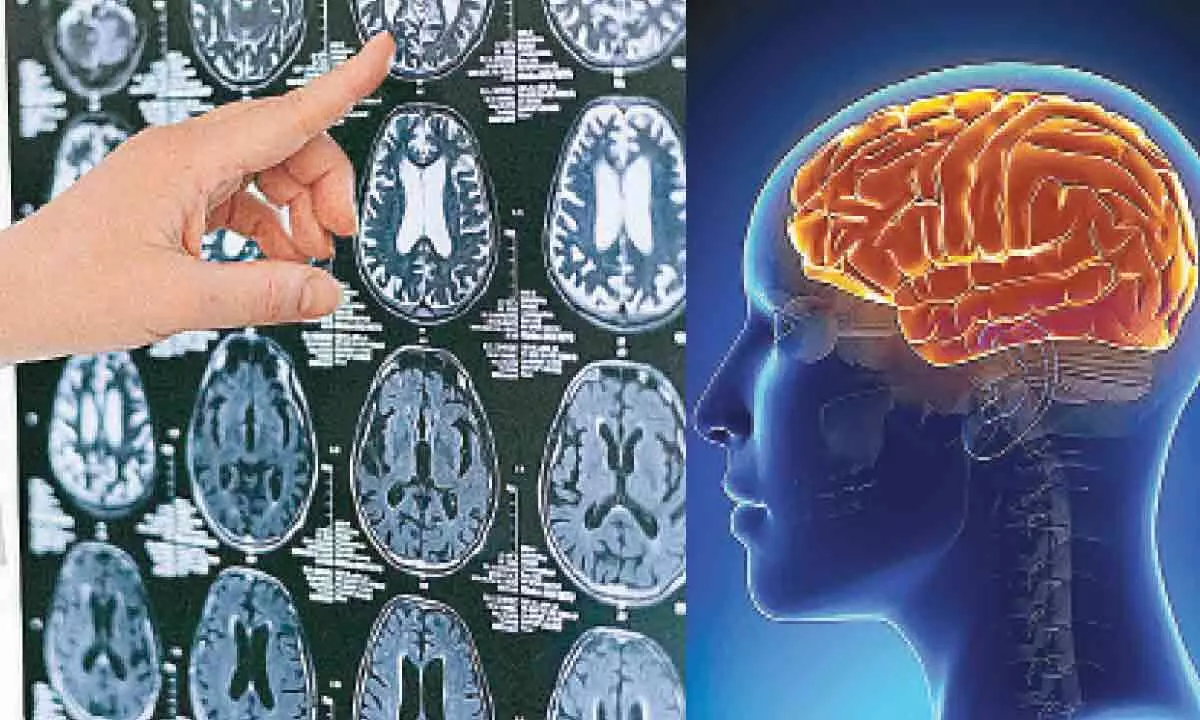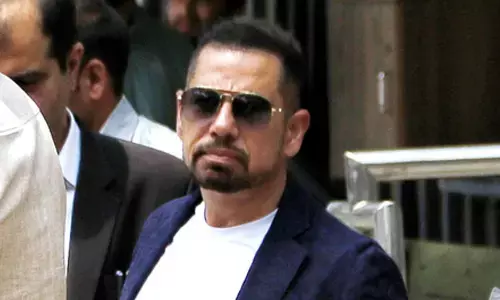Debunking five traumatic brain injury myths

When people face bumps or blows to the head and see no noticeable signs of injury in the mirror, they often brush it off and go about the rest of their day, unbothered
When people face bumps or blows to the head and see no noticeable signs of injury in the mirror, they often brush it off and go about the rest of their day, unbothered. Often, they don’t pay attention to the unseen, invisible damage that could be present below the surface. But the contents of your brain are precious – and it’s important for people who hit their head to get it checked to eliminate or identify a potential Traumatic Brain Injury (TBI) by getting the right diagnosis.
India has the highest rate of TBIs in the world, injuring almost 500,000 people every year. 71% of TBI cases in the country are mild. While they are common, many people don’t understand the signs well and minimize the impact that hitting their head can have on their health and well-being. TBI can be serious, and when undiagnosed and untreated, can have long-lasting effects. It’s important for people to know the signs of a concussion and to seek diagnosis and care promptly in these situations.
There are several myths surrounding traumatic brain injuries, let’s debunk the most five common misconceptions.
Myth 1: People with a mild TBI lose consciousness
The majority of the people who sustain a mild TBI do not lose consciousness. While some people may, others can experience symptoms like headaches, imbalance, vision changes, nausea, or vomiting. It’s important to notice such signs after hurting your head – especially since some of these symptoms can be wrongly associated with poor sleep or a migraine instead. If you think you’re ‘seeing stars,’ that’s not something you should turn a blind eye to.
Myth 2: TBI only happens after you hit your head
56% of people think you have to hit your head to sustain a concussion. However, concussions can also result from a sudden shake or jolt to the body that can rattle your brain, like from whiplash. This can include collisions when you’re in a car, falling on a hard surface or from a height, and more.
Myth 3: Athletes are at the greatest risk of experiencing a TBI
Concussions don’t just impact athletes. They can happen to anyone, anywhere. In India, they are commonly caused by road traffic accidents and falls.[ii] Concussions can have short-term or long-term consequences, and you must seek medical help at the right time, even if you’re not a sportsperson.
Myth 4: You should stay awake for 24 hours after a concussion
If you’ve sustained a mild TBI, there is no need to force yourself to stay awake after. Rest and sleep are vital to your recovery. You should also check in with your doctor on your next course of action and follow their recommendations.
Myth 5: You can rely completely on head imaging tests (like CT scans) to detect a mild TBI
While CT scans can help identify a TBI, brain injuries like concussions aren’t always apparent on these scans. This results in such issues often going undetected and untreated. Now, even blood tests can help evaluate brain injuries.
Concussions often happen to people when they’re taking part in routine activities, and may be ignored. It’s important to help more people better understand such brain injuries, their signs, and what to do in these situations, as such injuries are vital to quickly diagnose and treat.
If you’ve hit your head, you may have sustained an invisible injury. Do yourself a favour and consult a doctor and get it checked for a clearer picture. This can help set you on course for recovery, so you can get back to doing the things you enjoy sooner.
(The author is an Emergency Physician, at Saifee Hospital, Mumbai)








